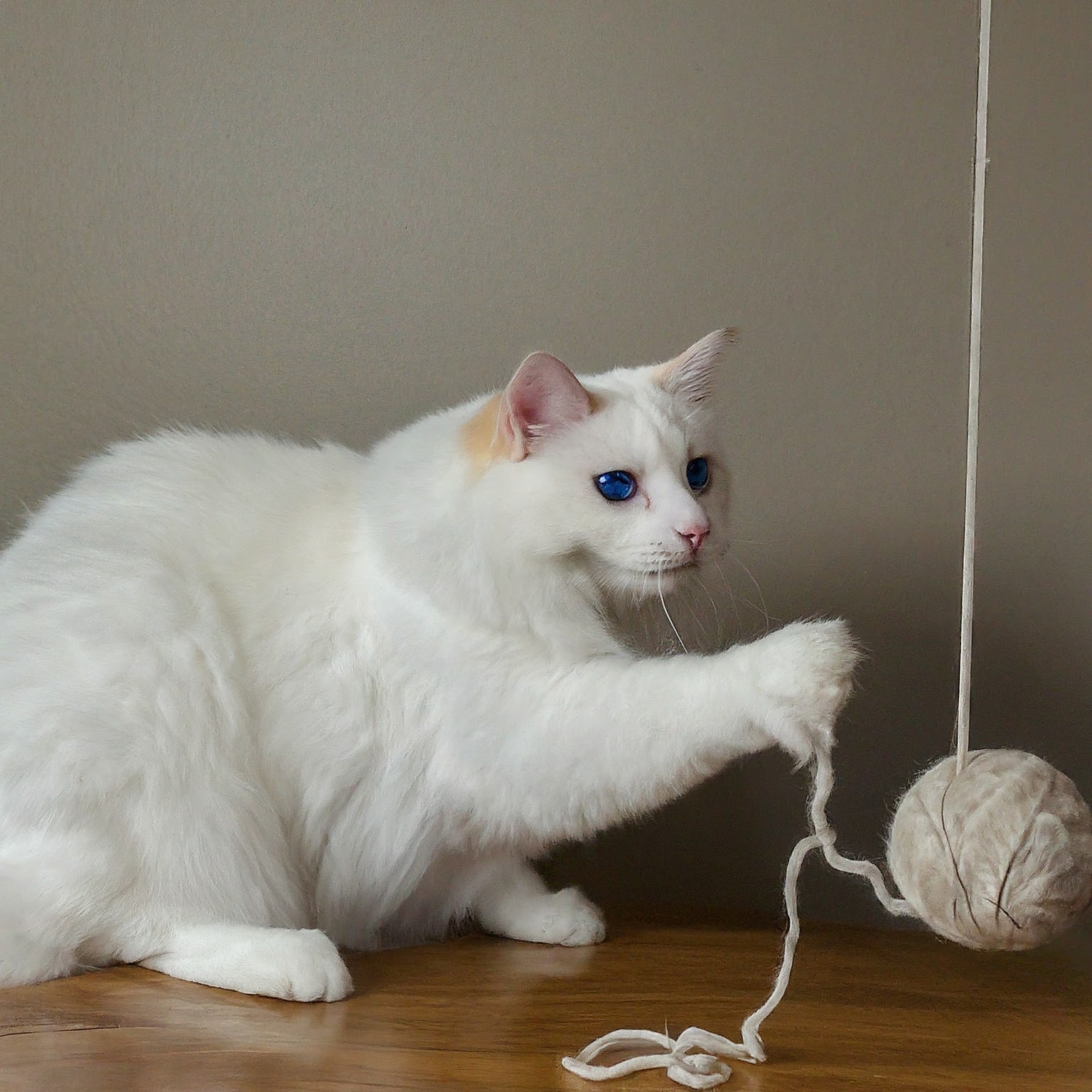Welcome to PetCatLover.com! As cat parents, we all want our furry friends to be healthy and happy. One of the most crucial aspects of ensuring your cat’s well-being is providing a balanced diet. In this blog, we’ll delve into the essentials of cat nutrition, helping you make informed choices to keep your feline companion in peak condition.
Why Balanced Nutrition Matters
A balanced diet is vital for maintaining your cat’s overall health. Cats have specific dietary needs that differ significantly from other pets. Unlike dogs, cats are obligate carnivores, meaning they require a diet rich in animal protein to thrive. A well-balanced diet ensures your cat receives all the essential nutrients, promoting a strong immune system, healthy skin and coat, and optimal energy levels.
Choosing High-Quality Cat Food
When selecting cat food, it’s important to opt for high-quality options. Look for products that list a high percentage of animal protein, such as chicken, beef, or fish, as the first ingredient. Avoid foods with excessive fillers like corn, wheat, or soy, which can be difficult for cats to digest and offer little nutritional value.
Key Ingredients to Look For:
- Animal Protein: Essential for muscle development and overall health.
- Taurine: An amino acid crucial for heart and eye health.
- Omega Fatty Acids: Promote a healthy coat and skin.
- Vitamins and Minerals: Support various bodily functions, including the immune system.
Customizing Your Cat’s Diet
Every cat is unique, and their dietary needs can vary based on factors such as age, weight, activity level, and health condition. Here are some tips to tailor your cat’s diet to their specific needs:
1. Kittens: Kittens require more protein and calories to support their rapid growth. Look for kitten-specific formulas enriched with DHA for brain development.
2. Adult Cats: Adult cats need a balanced diet that maintains their weight and health. Choose a maintenance formula that provides the right amount of nutrients without excess calories.
3. Senior Cats: Older cats may have different nutritional requirements, such as lower calories and higher fiber to support their aging bodies. Senior formulas often contain joint-supporting ingredients like glucosamine.
Consulting Your Veterinarian
Before making any significant changes to your cat’s diet, it’s always best to consult your veterinarian. They can provide personalized recommendations based on your cat’s specific health needs. Regular veterinary check-ups also help monitor your cat’s weight and overall health, ensuring they stay on the right nutritional track.
Hydration is Key
Cats often don’t drink enough water on their own, which can lead to urinary tract issues. Ensure your cat has access to fresh water at all times. Wet cat food can also help increase their moisture intake, as it contains a higher water content compared to dry kibble.
Conclusion
Providing your cat with a balanced diet is one of the most important things you can do for their health and happiness. By choosing high-quality cat food and tailoring their diet to their individual needs, you can ensure your feline friend lives a long, vibrant life. Remember, always consult with your veterinarian to make the best dietary choices for your pet.
Stay tuned to PetCatLover.com for more expert advice and tips on cat care. Share your cat nutrition tips and experiences in the comments below!
